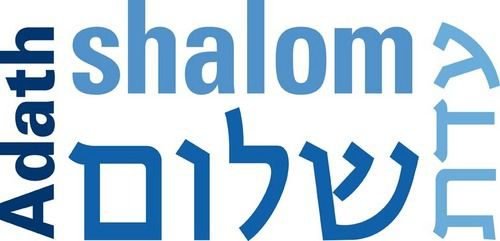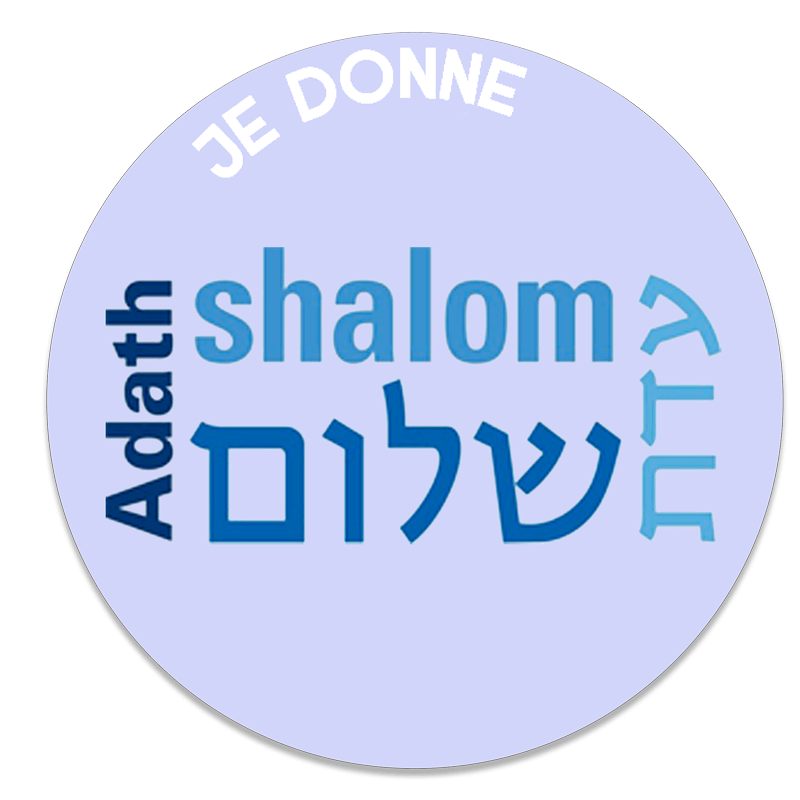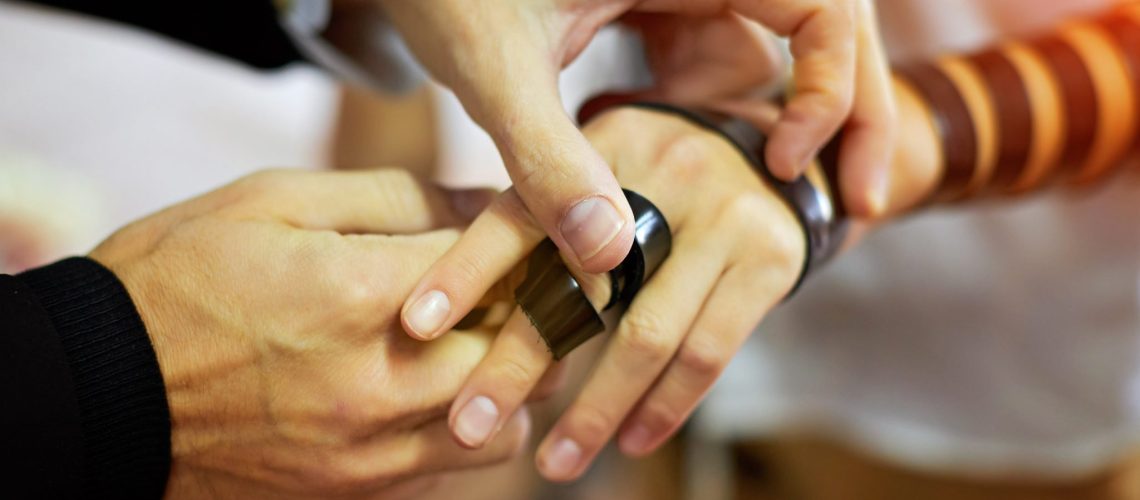There is a moment in this week’s parasha where there is a sudden strange pause in the dramatic narrative of the Exodus. The final plague strikes Egypt, Pharaoh finally sets the Israelites free, they prepare dough and leave before there is time to rise — and then, they suddenly get a list of laws about how to keep Pesach in future generations. They haven’t even crossed the sea, the Pesach story isn’t finished, but already they are told the first rules about the food that should be eaten on this future festival, and by whom, and how and when it should be cooked.
We also read about the discussions that need to happen around the eating, the questions and the answers, and a telling of the story – a haggadah. One verse, quoted four separate times in our Haggadot today, is an answer without a question
וְהִגַּדְתָּ֣ לְבִנְךָ֔ בַּיּ֥וֹם הַה֖וּא לֵאמֹ֑ר בַּעֲב֣וּר זֶ֗ה עָשָׂ֤ה יְ—הֹוָה֙ לִ֔י בְּצֵאתִ֖י מִמִּצְרָֽיִם
And thou shalt tell thy son in that day, saying: It is because of that which the LORD did for me when I came forth out of Egypt. (Exodus 13:8, JPS translation)
It’s an awkward verse to translate. It’s not clear what the word zeh, this, refers to. (My favourite awkward translation reads “Because of this, Adonoy did this for me when I came out of Egypt.”) What is this ‘this’? One classic explanation, given by Rashi, is that ‘this’ refers to the food on the Pesach table. It is as if the people leaving Egypt are given a vision of a future celebration, where they explain to their children – Yes, it was in order that we could eat this meat, matzah and maror, that God freed us from Egypt. This Seder meal together is not just a memorial, but it was the aim all along. We were freed from Egypt in order that we would be able to remember being freed from Egypt.
If you think that was a strange reading of the verse, the kabbalistic explanation is even more wacky. One of God’s many many names is Zeh, This. We can re-read the verse differently now: Ba’avur Zeh, It was for the sake of God that God took me out of Egypt. Why? This relates to a fundamental idea in rabbinic literature that the Shechina, the presence of God is in exile together with the people. The redemption of the people from slavery is also a redemption of an aspect of God from being covered up by evil: God is more God when the people of the world are more free.
There are many other explanations of Zeh, but none of them, as take into account the very next verse, that suddenly talks about what we call today Tefillin. Let’s look at the two verses together:
וְהִגַּדְתָּ֣ לְבִנְךָ֔ בַּיּ֥וֹם הַה֖וּא לֵאמֹ֑ר בַּעֲב֣וּר זֶ֗ה עָשָׂ֤ה יְ-הֹוָה֙ לִ֔י בְּצֵאתִ֖י מִמִּצְרָֽיִם׃ וְהָיָה֩ לְךָ֨ לְא֜וֹת עַל־יָדְךָ֗ וּלְזִכָּרוֹן֙ בֵּ֣ין עֵינֶ֔יךָ לְמַ֗עַן תִּהְיֶ֛ה תּוֹרַ֥ת יְ-הֹוָ֖ה בְּפִ֑יךָ כִּ֚י בְּיָ֣ד חֲזָקָ֔ה הוֹצִֽאֲךָ֥ יְ-הֹוָ֖ה מִמִּצְרָֽיִם׃
And thou shalt tell thy son in that day, saying: It (zeh) is because of that which the LORD did for me when I came forth out of Egypt. And it shall be for a sign unto thee upon thy hand, and for a memorial between thine eyes, that the law of the LORD may be in thy mouth; for with a strong hand hath the LORD brought thee out of Egypt.
It’s tempting to propose that the zeh in the first verse is talking about the object in the second, which leads to a very strange statement: God took us out of Egypt in order to be able to wear tefillin! I want to explore this for a moment, even though I’m not interested in standing on street-corners campaigning for every Jewish man and woman to wear tefillin if they don’t want to, that’s not my style. Let’s look though at the significance of having the verses about the Exodus from Egypt written inside the tefillin, and why it could be so important.
It’s a very strange idea to have writing in a box, in the way Jews do for mezuzot and tefillin, hidden in a way that it can never be read. It almost challenges the definition of what writing is. Usually words convey a meaning by being read — an idea in the mind of the author becomes writing which becomes an idea in the mind of the reader. But here, the words don’t pass through the mind at all, but are attached to the body. The Torah is speaking to the body without the need for the mind, and more specifically here, the story of leaving Egypt is being told to the body itself. Obviously the story is also told in writing and in speech, as we read the parasha or in our prayer-books or at the Seder table. But for those who wear tefillin, their attachment to these words and ideas is as simple and pure as can be – they are literally attached to the words of the Torah.
There is a hassidic idea that the body and soul are study partners, each one is able to teach to and learn from the other. This is based on the biblical verse (Isaiah 58:7), “Hide not from your own flesh.” Rebbe Nachman of Breslov describes it in the following way:
כִּי צְרִיכִין לְרַחֵם מְאֹד עַל הַגּוּף, לִרְאוֹת לְזַכְּכוֹ, כְּדֵי שֶׁיּוּכַל לְהוֹדִיעַ לוֹ מִכָּל הַהֶאָרוֹת וְהַהַשָּׂגוֹת שֶׁהַנְּשָׁמָה מַשֶּׂגֶת. כִּי הַנְּשָׁמָה שֶׁל כָּל אָדָם הִיא רוֹאָה וּמַשֶּׂגֶת תָּמִיד דְּבָרִים עֶלְיוֹנִים מְאֹד, אֲבָל הַגּוּף אֵינוֹ יוֹדֵעַ מֵהֶם, עַל כֵּן צָרִיךְ כָּל אָדָם לְרַחֵם מְאֹד עַל בְּשַׂר הַגּוּף, לִרְאוֹת לְזַכֵּךְ הַגּוּף, עַד שֶׁתּוּכַל הַנְּשָׁמָה לְהוֹדִיעַ לוֹ מִכָּל מַה שֶּׁהִיא רוֹאָה וּמַשֶּׂגֶת תָּמִיד וּכְשֶׁהַגּוּף הוּא בִּבְחִינָה זוֹ, הִיא טוֹבָה לְהַנְּשָׁמָה, שֶׁלִּפְעָמִים נוֹפֶלֶת מִמַּדְרֵגָתָהּ… וְכֵן גַּם כֵּן עַל־יְדֵי הָרְשִׁימוֹת שֶׁיֵּשׁ בְּהַגּוּף, עַל־יְדֵי הֶאָרוֹת שֶׁהֵאִירָה בּוֹ הַנְּשָׁמָה מִקֹּדֶם, תּוּכַל עַתָּה לִזְכֹּר וְלַעֲלוֹת וְלַחֲזֹר לְמַדְרֵגָתָהּ. וְזֶה בְּחִינַת (איוב י״ט:כ״ו): מִבְּשָׂרִי אֶחֱזֶה אֱלוֹהַּ – מִבְּשָׂרִי דַיְקָא
For it is necessary to show great compassion for the body, so it may be informed of all the insights and perceptions which the soul perceives. This is because the soul of every human being is continuously seeing and comprehending very exalted things. But the body at first knows nothing of them. Therefore, every person must show great compassion for the flesh of the body, so that the soul will be able to inform it of all that she is always seeing and comprehending. For there are times when the soul falls from her level… yet, by means of the lasting impression which the body has because of the enlightenment with which the soul previously illuminated it, she can now recall and ascend and return to her level. This corresponds to (Job 19:26), “From my flesh I will behold God”—specifically “my flesh.” [Likkutei Moharan I:22]
When the soul is enlightened, it teaches the body. But when the soul loses its vitality and passion, when it forgets how to be spiritual, the body reminds it. Sometimes wearing a tallit and tefillin is a spiritual act, and sometimes it’s mechanic, but even that mechanic action imprints a deep message into the person wearing the tefillin or tallit. If all this is a bit too weird and hippy for you, then we can look at another example: at Pesach, we tell the story about leaving Egypt, we try and transmit the message over the generations – we were slaves and now we are free, with all the pride and responsibilities that accompany such a declaration. But we also eat matzah and maror and drink wine, we ingest with our bodies the suffering in Egypt and the haste of leaving and the joy of freedom, and this memory in our bodies of the taste of the Seder is probably a lot more deep and powerful than the words recited.
Creating these deep embodied experiences sometimes seems less important than understanding the big abstract ideas. It seems more dignified to speak about the concept of freedom as philosophers than to stick the words to our head and to eat dry unleavened crackers. “Yet it is for THIS that God took me out of Egypt” – the ability to be part of this story with my entirety. Our gut reactions to attacks on Jews anywhere in the world, or our instinctive pride when a Jew does something praiseworthy, our instant shame when Jews do something embarassing — all this is a result of this kind of deep carnal identification with the Jewish story. This Judaism that has a place in the body as well as in the mind is a precious treasure to cherish and to develop.
Shabbat shalom!




